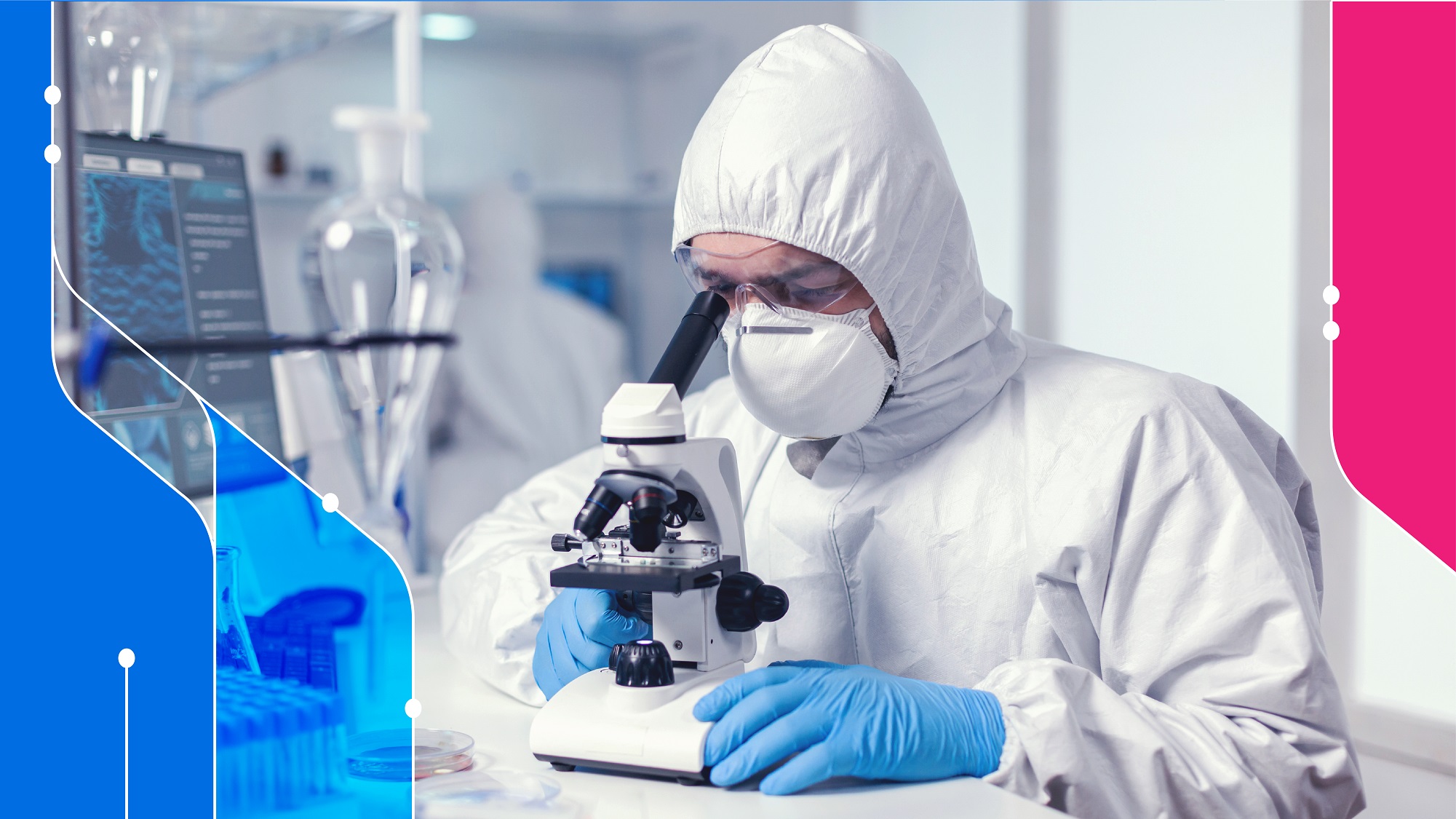Hello, dear patients and readers. We are already at the peak of summer months and it is natural that many people are feeling the extreme heat. Some complain about dehydration and thirst. They need assistance in keeping their heads and bodies cool. Meanwhile, many people are also asking about medical screening and diagnosis related to ailments and diseases common in the summer months.

Difference between screening and diagnostic testing
A few patients ask our technicians: aren’t screenings and diagnostic tests just the same? No. As lab professionals at Avigna Diagnostics, we understand the difference between the two.
In this blog, we would like to clear the doubts and confusion related to both these valued tools we gave used for many years. It’s our collective knowledge that will help you to identify them. There is no point in comparing diagnostic tests and medical screening.
Read on to know why patients also need to know the difference between diagnostic testing and medical screening. When your doctor asks you to visit a lab, you will be better informed and clear about the outcome.
Early detection and intervention are required to manage a wide range of health concerns. This is where diagnostic testing and medical screening are critical not only in the summer but in any season.
Diagnostic testing is your ‘healthcare detective.’ When you experience puzzling medical symptoms, your doctor might order a few tests. They analyse things like blood, urine, or tissue to pinpoint the culprit. Imagine fatigue and weight loss – a blood sugar test could diagnose diabetes, allowing for targeted treatment. These tests ensure you get the right care and can even detect diseases early, leading to better outcomes.
Medical screening is your health’s forward scout. These are like blood tests or scans to look for hidden threats before you feel unwell. They cannot definitively diagnose disease, but they can identify potential risks. Imagine a high blood pressure reading during a check up – it might prompt further testing for heart health. Early detection empowers us in many ways. Medical screening is like a proactive health check up. These tests, like imaging scans, assess your risk of developing certain diseases before any symptoms appear.

Vital tool like a microscope helps in diagnostic testing and medical screening
Diagnostic testing and medical screening are vital tools for maintaining good health. They work together to identify potential issues:
- Diagnostic testing investigates after symptoms appear. It helps pinpoint the cause of those symptoms, allowing doctors to create an accurate diagnosis and treatment plan. This can significantly improve treatment success and overall health outcomes.
- Medical screening looks for diseases or abnormalities before symptoms arise. Early detection is key, as many conditions are easier to treat in their early stages. Screening can also identify individuals at higher risk for certain diseases, allowing for preventive measures.
Together, they offer a powerful way to remain healthy.
- Early detection:Both can find problems early, leading to better treatment options and potentially saving lives, especially for diseases like cancer.
- Improved treatment:Accurate diagnosis allows for targeted treatment plans, increasing the effectiveness of interventions and reducing unnecessary medications.
- Reduced healthcare costs:Early intervention can prevent complications and the need for more expensive procedures down the road.
- Peace of mind:Knowing your health status can offer peace of mind and empower you to take charge of your well-being.
While not every test is necessary for everyone, discussing your health history with your doctor can help determine which screenings and tests are right for you.
Who gets them?
- Diagnostic tests: People with symptoms. You experience a cough, fatigue, or a lump, and a doctor uses tests to pinpoint the cause.
- Medical screening: People without symptoms. They’re offered to seemingly healthy individuals to check for potential issues early.
Goal:
- Diagnostic tests:Diagnose a specific illness or condition. The doctor uses the test results to confirm or rule out a particular disease.
- Medical screening: Detect the possibility of disease or risk factors. These tests look for The main goal of medical screening is the early detection of potential health problems. This can be broken down into:
- Catch diseases early: By identifying signs of illness before you experience symptoms, medical screening allows for intervention at an earlier stage. This can significantly improve treatment success rates and potentially even cure some diseases altogether.
- Reduce disease severity: Early detection often means the disease hasn’t progressed much. Early treatment can help prevent complications and lessen the overall impact on your health.
Avigna Diagnostics is prepared in every way to conduct screenings and diagnostic tests for patients. Let these summer months be cool for you and your family. Stay fit and health
Related Keywords:
Blood Pressure, Diagnosis, Diagnostic Tests, Healthcare, Heart Health, Medical screening









Comments by admin